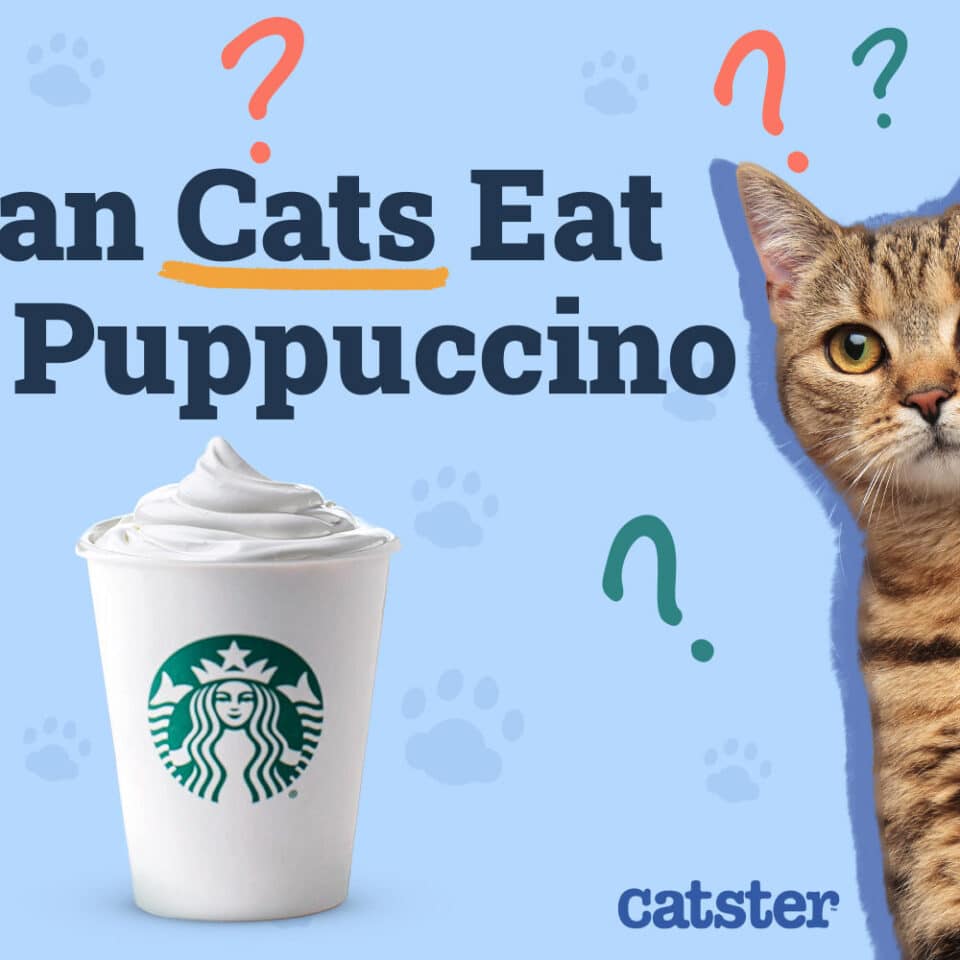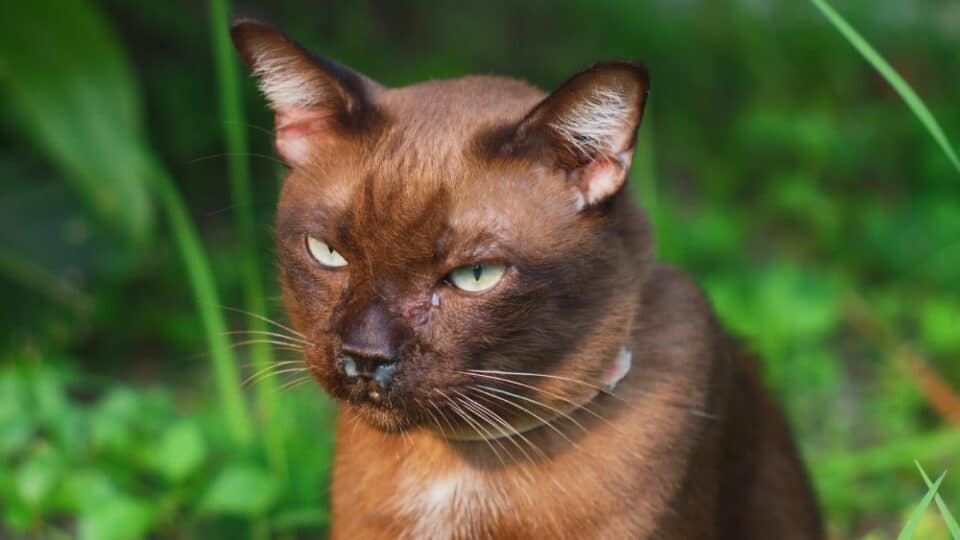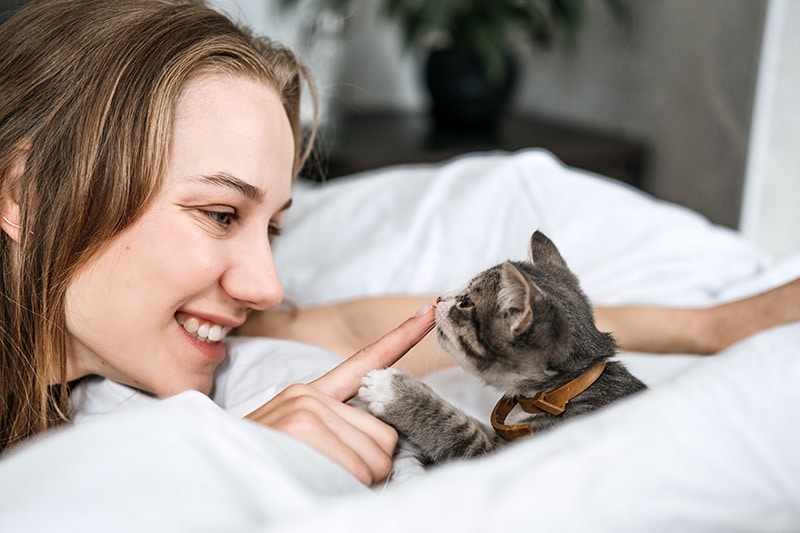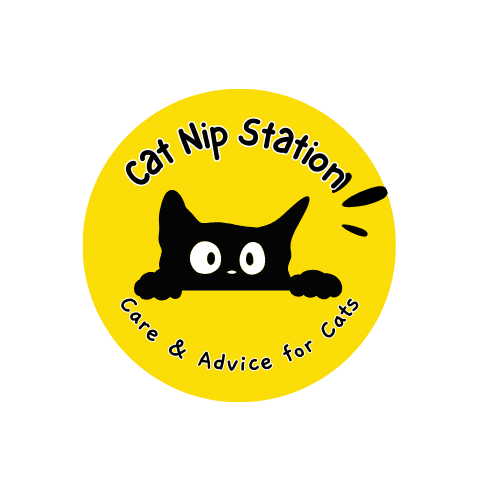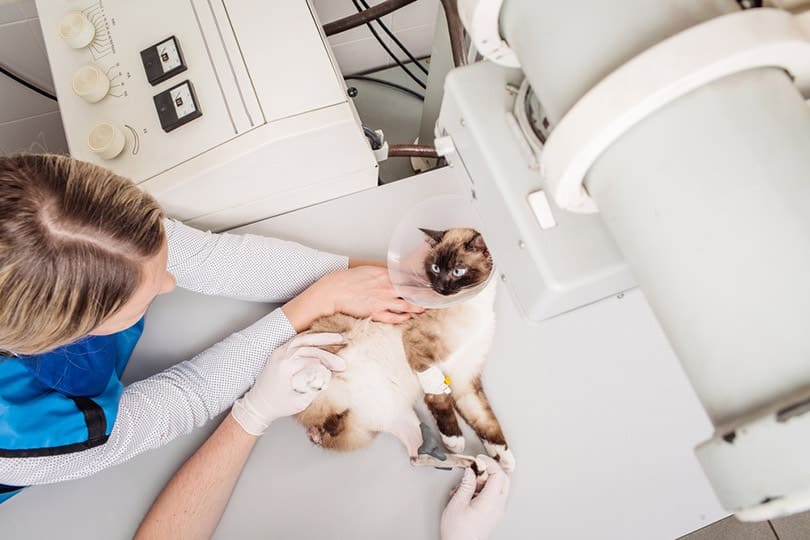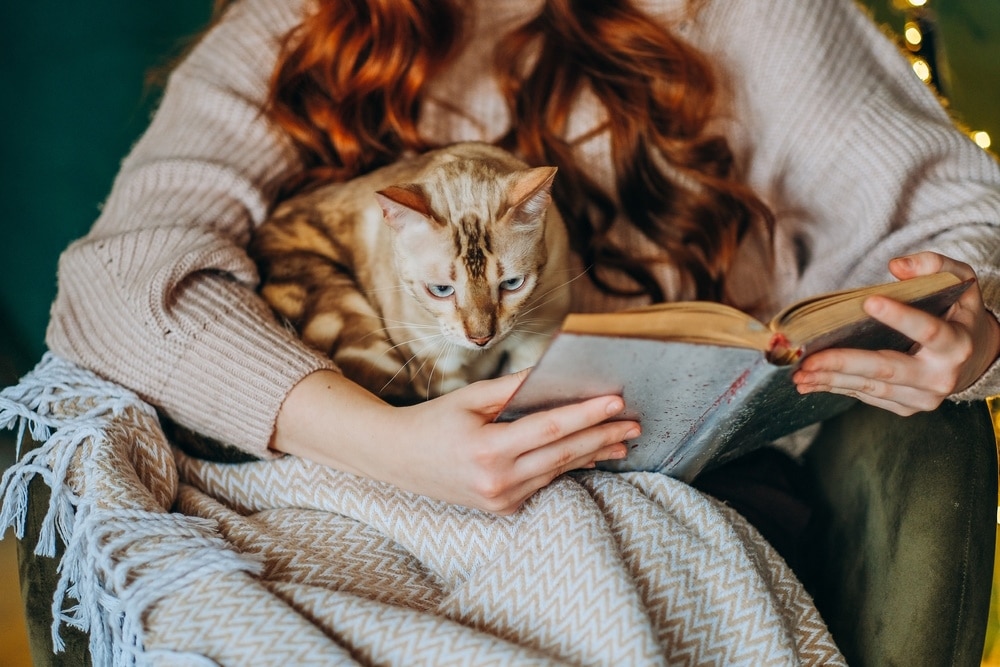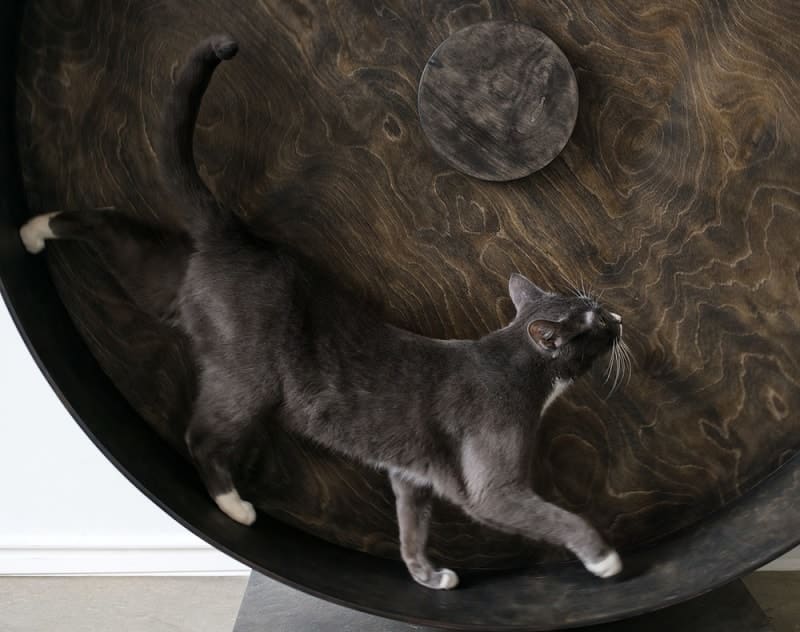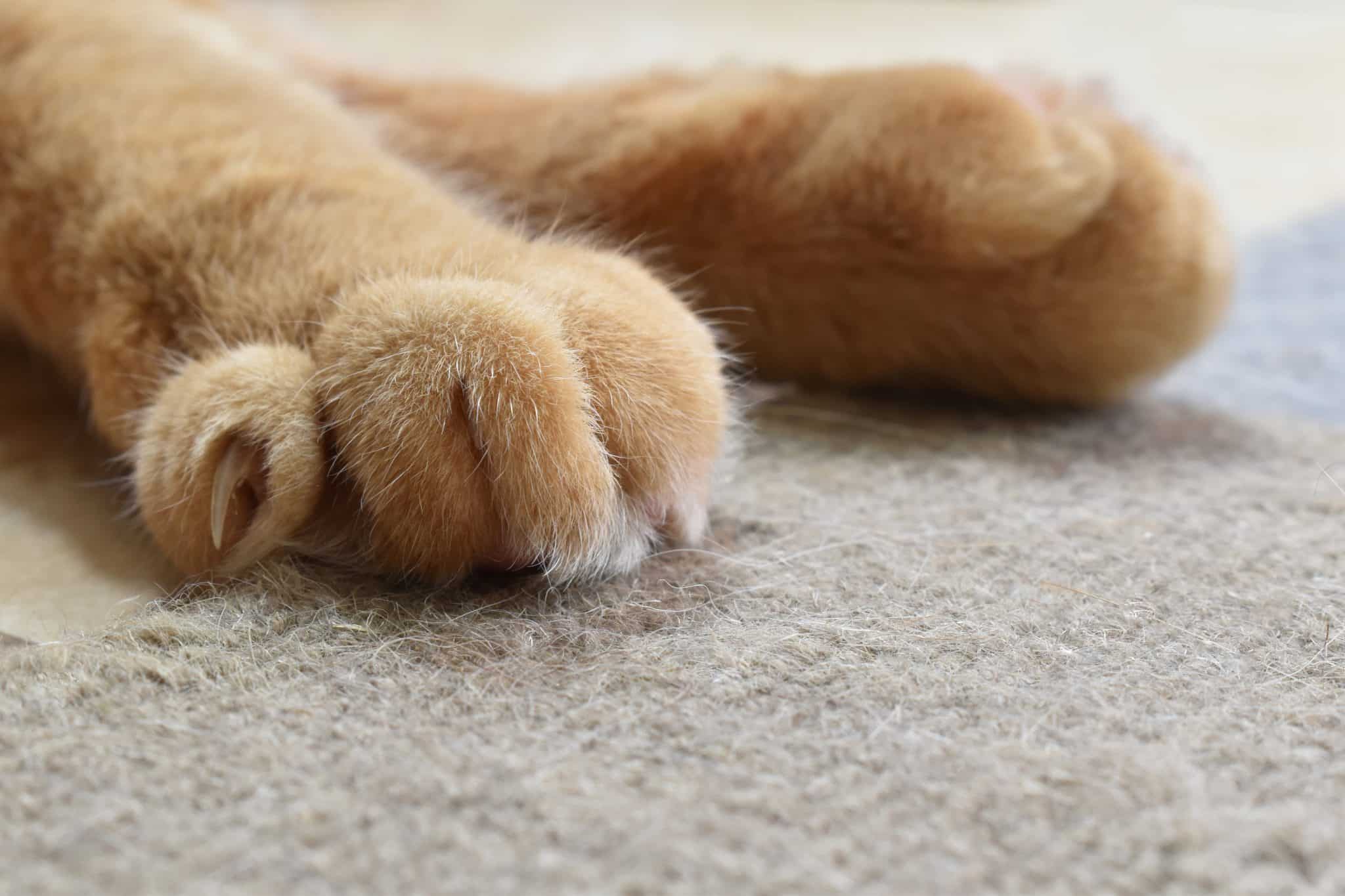You’ve seen the adorable photos on social media—dogs delightfully indulging in Starbucks’ famous Puppuccinos. But what about our feline friends? Can cats enjoy these creamy treats too, or are they better left as dog-exclusive delights?
First things first: yes, cats can technically have Puppuccinos since there’s nothing toxic in them for felines. However, just because they can doesn’t mean they should. Puppuccinos are essentially espresso-sized cups of whipped cream, complete with sugar, flavoring, and lactose-laden cream—all things that aren’t exactly cat-friendly. Most cats are lactose intolerant, so a dose of whipped cream could spell tummy trouble for them.
While whipped cream might seem like a harmless indulgence, Puppuccinos are packed with sugar, which cats don’t need in their diet. Cats can’t taste sweetness, resulting in them not really deriving any extra joy from the sugary content. Instead, they might be more interested in the fats and proteins in the cream.
Moreover, hidden within the fluffy goodness is citric acid from vanilla syrup flavoring. While toxicity is unlikely in the small amounts present, it’s worth mentioning as it could contribute to digestive distress if overconsumed.
Calorically, these treats are quite hefty—an espresso-sized Puppuccino comes in at about 255 calories. Considering the nutritional needs of a cat, that’s a significant amount for just a taste sensation, potentially leading to weight gain if offered regularly.
Remember, there are plenty of other treats that your cat might enjoy, which won’t upset their bellies or add unnecessary calories.
When it comes to dairy, cats lose their ability to digest lactose efficiently as they grow older. So, given the high lactose content in cream, frequent indulgence in Puppuccinos might not be the wisest choice. If your furry friend seems particularly interested, perhaps ask a barista for the tiniest dollop to let them join the Instagram trend without overdoing it. But moderation is key.
Lastly, while some food ingredients in a Puppuccino might sound concerningly chemical—like carrageenan and potassium sorbate—these are safe for cat consumption in small amounts. It’s the more straightforward components like cream and sugar that usually pose a dietary hiccup for our feline companions.
While your cat technically can have a taste of a Puppuccino, it’s not something that should become a regular treat. The creamy delight might seem like a cute splurge, but for the sake of your cat’s health, sticking to treats designed for their dietary needs is the better option. After all, there are many ways to pamper your whiskered pal without compromising their tummy.
